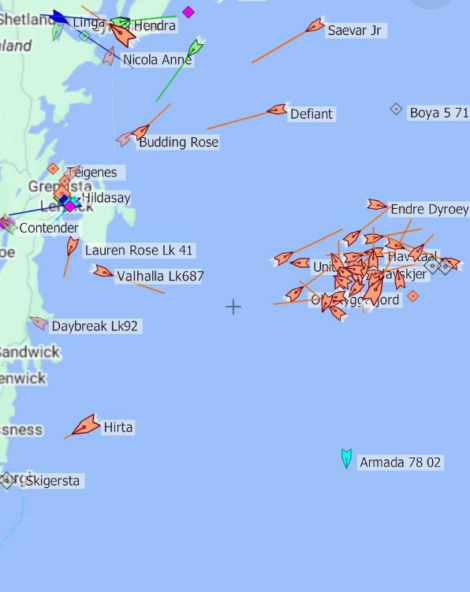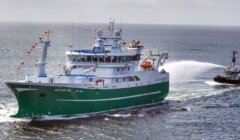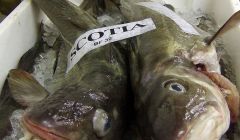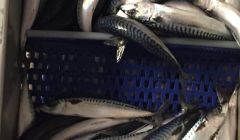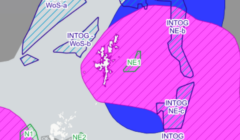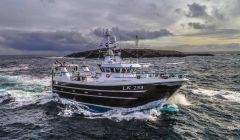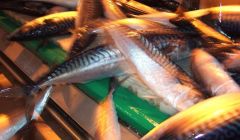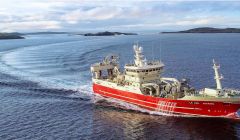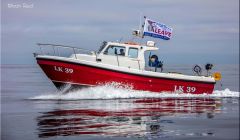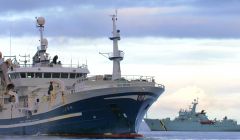Marine / SFA pleased with new control measures but more needs to be done
FISHERMEN in Shetland are calling for more regular controls of foreign fishing boats working in local waters after an inspection regime for Norwegian vessels was introduced.
The Norwegian Pelagic Association has already raised concerns about delays and additional costs these control measures incur.
Shetland Fishermen’s Association (SFA) said these measures were simply the agreed cost of “doing business in our waters”.
Scottish vessels fishing in the Norwegian sector will have to go through similar compliance controls.
It comes as concern has been raised locally on social media in response to a large fleet of Norwegian vessels targetting mackerel shoals to the east of Shetland.
The SFA said it was pleased to see that the new control points were actively use by Scottish inspection authorities.
The organisation’s executive officer Daniel Lawson said: “It stands to reason that with a bigger Norwegian presence around Shetland just now then a bigger number of these vessels are being requested into port for inspection.
“Hopefully it can give us all some reassurance that at least some percentage of the visiting pelagic fleet is actually being checked.
“However, I think we would like to see
a) more use of control points for other foreign fleet sectors, and
b) a closer presence of the Scottish Government’s fisheries protection vessels to directly monitor this concentrated fishing effort to the east of Shetland on a less ad-hoc or on-request only basis.”
A spokesperson for the Scottish Government’s Marine Directorate (formerly Marine Scotland) said Norwegian vessels were granted access to fish a portion of their mackerel quota in UK waters through a bilateral agreement reached in June this year.
“The agreement includes a number of compliance measures, to ensure that the fishery is appropriately monitored and controlled,” the government agency said.
Become a member of Shetland News
“As part of this, the Scottish Government’s Marine Directorate carries out inspections either in port or at sea prior to a Norwegian vessel departing from our waters. “Inspections are risk-based and are carried out to ensure compliance.
“We work closely with Norway through bilateral compliance forums and will continue our close engagement on control and enforcement going forward.”
Pelagisk Forening, the Norwegian Pelagic Association, said that the increase in the use of the control point in Lerwick for inspections has led to longer travel times, higher cost and potential risk to the quality of the catch.
The association expressed the hope that negotiations with British authorities could help reduce the burden on its members.





